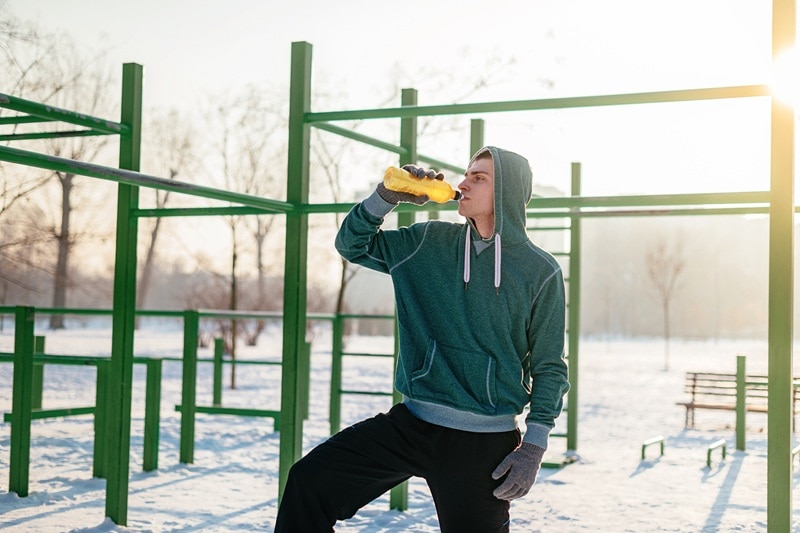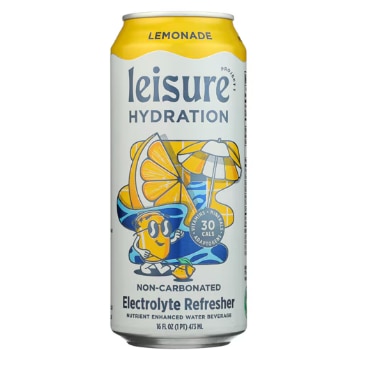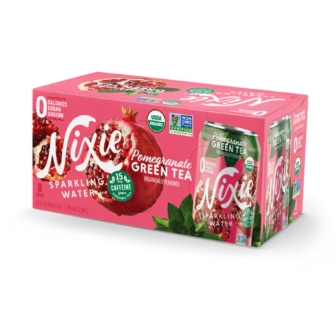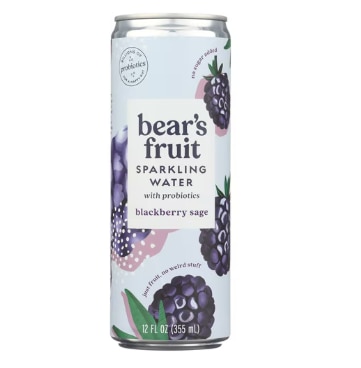Are energy drinks bad for you? This is a question many people ask, especially as energy drinks are getting more popular in stores and online. They promise more energy, better focus and alertness. But what are the real energy drinks side effects? Can a quick boost be unsafe for your health? Let’s look at what’s inside these drinks, what can happen if you drink them, and how you can find alternative ways to feel more awake.
What Are Energy Drinks?
Energy drinks are drinks made to help you feel more awake and alert. They are different from regular sodas and sports drinks. Energy drinks typically have a lot more caffeine and sugar, as well as other things like vitamins and herbs. Many brands say their drinks can improve performance and focus, so they are popular with students, workers and athletes.
It’s important to look closely at these drinks before using them often.
Main Ingredients in Energy Drinks
Most energy drinks have a mix of ingredients that make you feel alert and awake:
Caffeine
Caffeine is the main ingredient in energy drinks. Caffeine keeps you awake by blocking certain signals in your brain. Energy drinks can have 80mg to over 300mg of caffeine in one can, which is much more than a regular cup of coffee which has about 80-100 mg.
Sugar
Most energy drinks have 20-30 grams of sugar. That’s the same or more than consumed in a soda or a candy bar. Sugar gives you energy, but only for a short time.
Other ingredients
Some energy drinks add ingredients like guarana (which also has caffeine), taurine (an amino acid) or ginseng (an herbal extract). These are intended to help with energy, but scientists are still not sure if they really help.
B vitamins
B vitamins help your body make energy from food, but taking more than you need doesn’t give extra benefits for most people.
Are Energy Drinks Bad for You? The Risks
Energy drinks side effects can be different depending on how much and how often you drink them. For some people, one drink may make them feel jittery for a while. For others, especially those who are sensitive to caffeine or have health problems, energy drinks side effects can be serious. Here are some common problems energy drinks may cause:
Heart problems
Caffeine can make your heart beat faster and raise your blood pressure. Some people feel their heart racing or skipping. For people with heart issues, these side effects can get worse and lead to bigger problems, like dangerous heart rhythms or even heart attacks.
Feeling nervous or restless and trouble sleeping
One common side effect of energy drinks is feeling nervous or restless. You might feel jumpy or have trouble focusing after drinking a lot of caffeine. Energy drinks can also make it harder to sleep, especially if you have them later in the day. Not sleeping well can make you more tired and lead to drinking more energy drinks, starting a cycle that’s hard to break.
Blood sugar ups and downs
The sugar in energy drinks can raise your blood sugar quickly, giving you fast energy. But after that, your blood sugar drops, and you may feel tired, cranky or hungry. If you drink these sugary drinks often, it can lead to weight gain and even increase your risk for diabetes.
Dehydration and stomach issues
Caffeine increases production of urine, which can lead to your body losing water, and may not fully hydrate you. Also, all the sugar and sometimes non-nutritive sweeteners can upset your stomach and potentially cause diarrhea or nausea.
How Much Is Too Much?
The FDA says most adults should have no more than 400mg of caffeine a day, which is about two to three 12-ounce cups of coffee. Some energy drinks have 300mg or more in just one can. Drinking two or three servings of an energy drink can easily exceed this safe limit, especially if you drink other caffeinated drinks too.
Kids, teens and people with heart conditions are especially at risk for energy drink side effects, even with lower amounts. Mixing energy drinks with alcohol is very risky because caffeine can make you feel less intoxicated, which can be dangerous.
Who Should Stay Away from Energy Drinks?
Some people are more likely to have bad side effects from energy drinks and should avoid them:
- Kids and teens, because their bodies and brains are still growing
- Pregnant or breastfeeding women
- People with anxiety, sleep or heart problems
- Anyone taking medicine that interacts with caffeine or affects the heart
Safer Ways to Boost Your Energy
If you’re using energy drinks to stay awake or feel less tired, try these safer options:
- Get enough sleep, most people need 7 to 9 hours each night.
- Drink water or herbal tea to stay hydrated.
- Eat regular, healthy meals with whole grains, fruits, veggies and lean protein.
- Take breaks to walk, stretch or get fresh air.
- Use deep breathing or listen to music to help your mind recharge.
The Bottom Line: Are Energy Drinks Bad for You?
For most healthy adults, having an energy drink occasionally isn’t likely to cause harm. But drinking them every day or in large amounts can cause serious side effects. Real energy and good health come from everyday sleep, healthy food, water and relaxation. Next time you consider cracking open an energy drink, remember the side effects and think about healthier ways to feel your best. Consider scheduling a personalized session with one of our Kroger Health registered dietitians, our nutrition experts for help with increasing your energy through nutrition and lifestyle habits.




